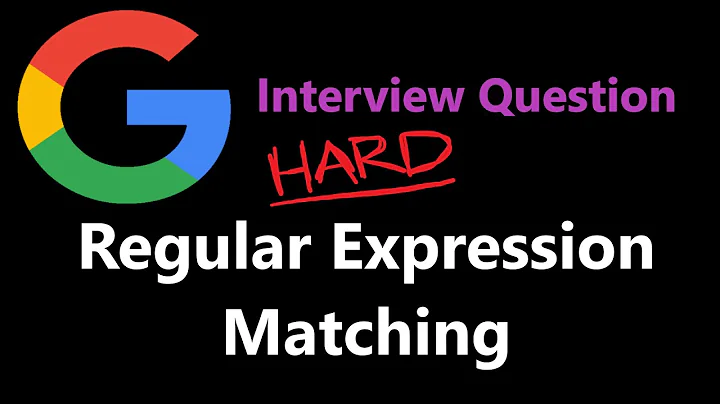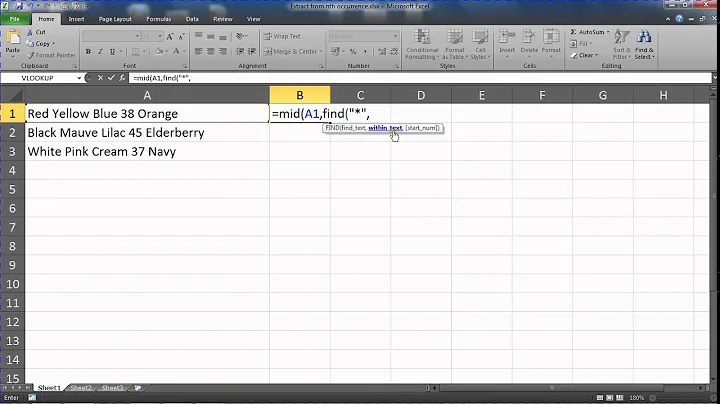regex - return all before the second occurrence
Solution 1
I think this might do the task (regex to match everything befor the last occurence of _):
_([^_]*)$
E.g.:
> sub('_([^_]*)$', '', "DNS000001320_309.0/121.0_t0")
[1] "DNS000001320_309.0/121.0"
Solution 2
The following script:
s <- "DNS000001320_309.0/121.0_t0"
t <- gsub("^([^_]*_[^_]*)_.*$", "\\1", s)
t
will print:
DNS000001320_309.0/121.0
A quick explanation of the regex:
^ # the start of the input
( # start group 1
[^_]* # zero or more chars other than `_`
_ # a literal `_`
[^_]* # zero or more chars other than `_`
) # end group 1
_ # a literal `_`
.* # consume the rest of the string
$ # the end of the input
which is replaced with:
\\1 # whatever is matched in group 1
And if there are less than 2 underscores, the string is not changed.
Solution 3
Personally, I hate regex, so luckily there's a way to do this without them, just by splitting the string:
> s <- "DNS000001320_309.0/121.0_t0"
> paste(strsplit(s,"_")[[1]][1:2],collapse = "_")
[1] "DNS000001320_309.0/121.0"
Although of course this assumes that there will always be at least 2 underscores in your string, so be careful if you vectorize this and that isn't the case.
Solution 4
not pretty but this will do the trick
mystr <- "DNS000001320_309.0/121.0_t0"
mytok <- paste(strsplit(mystr,"_")[[1]][1:2],collapse="_")
Related videos on Youtube
James
BY DAY: Information Management at Dart Neuroscience in San Diego, CA BY NIGHT: Husband and father FOR FUN: Film photography and alt printing processes
Updated on June 04, 2022Comments
-
James almost 2 years
Given this string:
DNS000001320_309.0/121.0_t0How would I return everything before the second occurrence of "_"?
DNS000001320_309.0/121.0I am using R.
Thanks.
-
Bart Kiers over 12 yearsYeah, if the regex-path is walked,
subwould be more appropriate thangsub. -
 joran over 12 yearsIf there are more than two underscores this will select beyond the second underscore, although apparently that doesn't matter to the OP, so I point it out only for posterity.
joran over 12 yearsIf there are more than two underscores this will select beyond the second underscore, although apparently that doesn't matter to the OP, so I point it out only for posterity. -
Bart Kiers over 12 yearsYeah, good point @joran. It may matter to the OP, but he might not be aware of it.
-
daroczig over 12 yearsWow, really nice, detailed answer (+1). I definitely like your solution better than mine :)
-
 Connor Murray over 4 yearsWhat if there are more than 2 underscores?? Is there a way to further generalize this function?
Connor Murray over 4 yearsWhat if there are more than 2 underscores?? Is there a way to further generalize this function?



![[5 Minute Tutorial] Regular Expressions (Regex) in Python](https://i.ytimg.com/vi/UQQsYXa1EHs/hq720.jpg?sqp=-oaymwEcCNAFEJQDSFXyq4qpAw4IARUAAIhCGAFwAcABBg==&rs=AOn4CLCrqTtVePMHIes4pzJB45i4VXdFmg)




